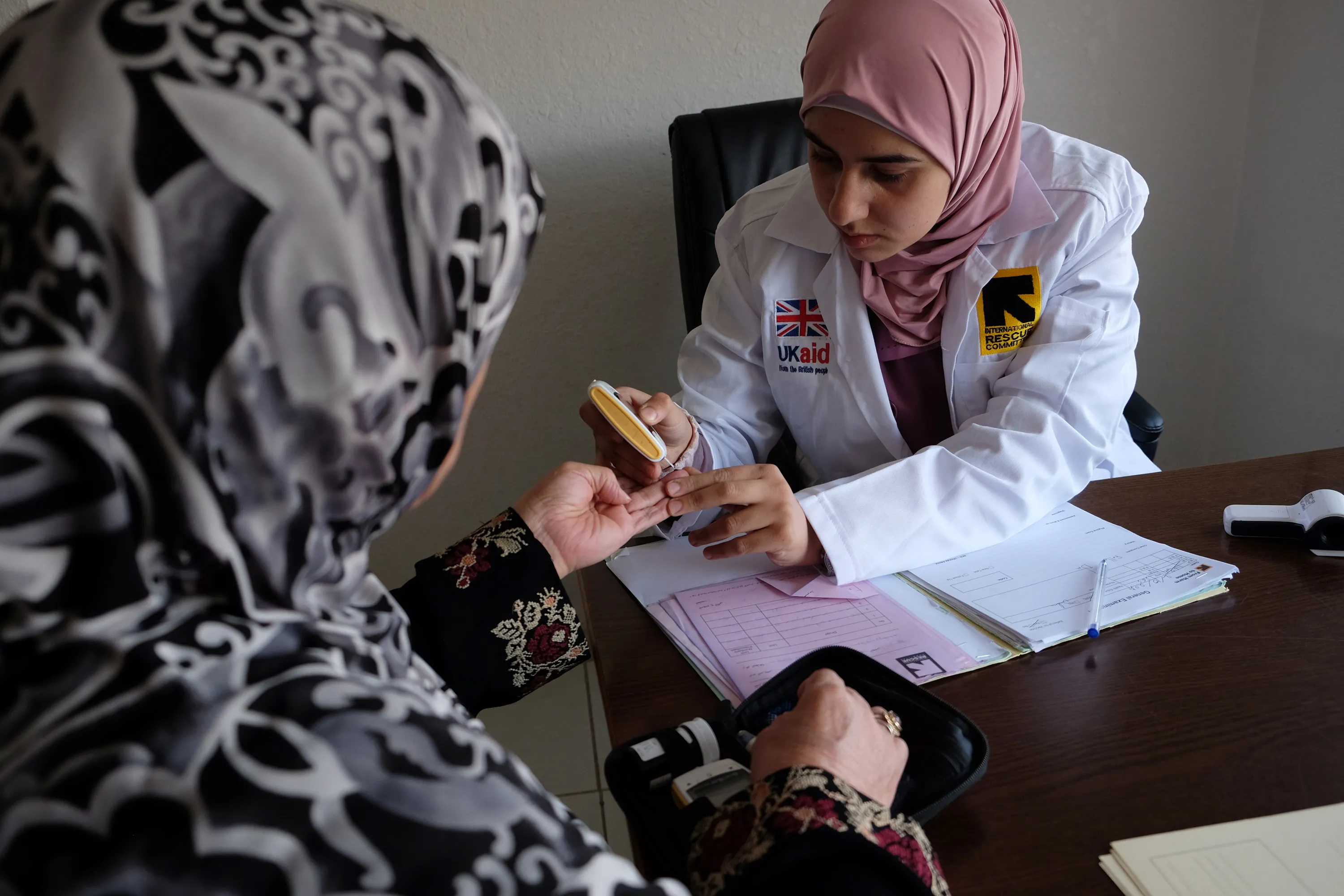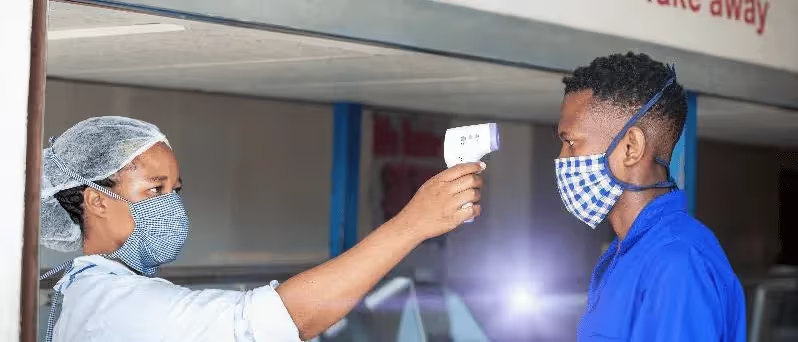Preventing cardiometabolic diseases in humanitarian settings

There is an urgent need to prioritise care for non-communicable diseases (NCDs), particularly cardiometabolic diseases (CMD) in humanitarian crises. In these contexts, where health systems are often overwhelmed, CMDs, such as hypertension and diabetes, contribute significantly to excess morbidity and mortality, yet remain largely overlooked in emergency health responses.
Building the evidence base for CMD care and prevention
Our new initiative, funded by the Novo Nordisk Foundation, aims to identify and promote locally developed innovations that improve prevention and care for CMDs in humanitarian crises. The project will focus on settings in Sub-Saharan Africa, aiming to bridge critical evidence gaps and influence global health policy.
Evidence from countries like Ukraine and Myanmar shows that non-communicable diseases (NCDs) account for a significant proportion of excess mortality during emergencies. Yet, most research to date has focused on protracted crises, with limited insight into acute settings where healthcare systems are severely disrupted.
Through our Research for Health in Humanitarian Crises (R2HC) programme, we will work with an Africa-based research partner and a diverse steering committee to identify community-led innovations. These may include new service delivery models, digital tools, and social innovations tailored to resource-constrained, rapidly changing humanitarian settings.
Our approach to driving change and elevating NCDs on the humanitarian agenda
The project will have three phases:
- Inception
- Innovation identification, analysis and documentation
- Stakeholder engagement and socialisation.
Across these phases, we will map existing innovations, conduct in-depth field research, and disseminate findings through case studies, stakeholder reports, and convenings. Throughout the initiative, we will maintain a clear focus on local ownership, contextual relevance, and cross-sector engagement, including ministries of health, UN agencies, and people living with CMDs.
By surfacing and supporting promising approaches, we want to elevate NCDs, especially CMDs, on the humanitarian health agenda and contribute to the development of resilient, inclusive health systems in regions affected by crises.
Find out more
To learn more about our work on NCD care and prevention, visit our Focus Area page, explore our interactive research priority setting, or contact Shivani Patel at [email protected].
Stay updated
Sign up for our newsletter to receive regular updates on resources, news, and insights like this. Don’t miss out on important information that can help you stay informed and engaged.
Explore Elrha
Learn more about our mission, the organisations we support, and the resources we provide to drive research and innovation in humanitarian response.


